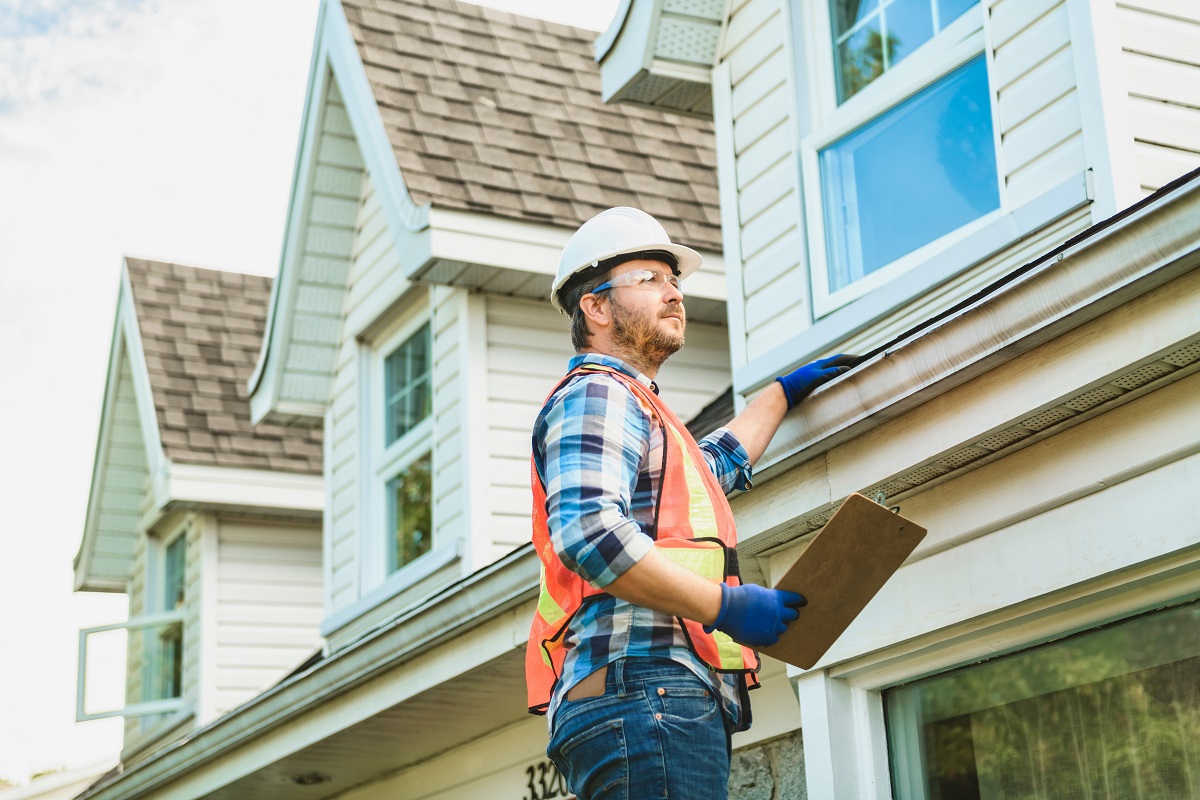When it comes to buying a home, the excitement of searching for the perfect property can often overshadow the important details that come with the purchase. Among these details, one question looms large: is a home inspection really worth the investment? For many prospective homeowners, especially first-time buyers, this decision can feel overwhelming. Yet, understanding the significance of a home inspection can save you money, time, and potential heartache in the long run.
Imagine this scenario: you find a charming house that perfectly fits your vision. It has a cozy kitchen, spacious yard, and that extra bedroom you’ve always dreamed of. With excitement in your heart, you make an offer, only to later discover underlying issues that could have been caught with a thorough inspection. Suddenly, your dream home may feel more like a financial burden. This is the crux of why a home inspection is a critical step in the home-buying process.
A home inspection serves as a safety net, providing an objective analysis of the property. Licensed home inspectors are trained to identify potential problems that may not be visible during a casual walkthrough. These issues can range from structural concerns, such as foundation problems, to systemic failures, like plumbing leaks or electrical hazards. By understanding the current condition of the home, buyers are empowered to make informed decisions.
Consider the financial implications. The cost of a home inspection is relatively small compared to the potential expenses of repairing serious issues post-purchase. For example, a roof replacement can run into the thousands, and if you’re unaware of an aging roof prior to closing the deal, you may be left with a hefty bill as soon as you settle in. With a home inspection, you have the opportunity to negotiate repairs or even seek a lower price based on the findings. This gives you leverage during the buying process and can save you a significant amount of money in the long term.
Moreover, a home inspection goes beyond identifying existing problems; it can also provide insight into the maintenance and care of the property. Inspectors often offer valuable tips for upkeep, helping you understand how to preserve the home and avoid future issues. This knowledge can enhance your overall living experience and ensure that your investment remains sound for years to come.
For those considering building a new home instead of purchasing an existing one, you might think that a home inspection is unnecessary. However, even new construction can have flaws. From poor workmanship to overlooked details, a new home isn’t immune to issues. Engaging an inspector during the building process can help catch problems before you move in, giving you peace of mind that everything meets safety and quality standards.
Furthermore, for sellers, having a pre-inspection can be highly advantageous. By identifying and addressing issues before putting a home on the market, sellers can avoid surprises that may arise during buyer inspections. This proactive approach can lead to a smoother transaction, increase buyer confidence, and may even result in a higher selling price. In the competitive real estate landscape, being transparent about a home's condition can set your property apart.
Despite the numerous benefits, some might argue that home inspections are an unnecessary expense. However, when weighing the cost against potential risks, the value becomes evident. Opting to forgo an inspection can lead to significant regret if serious issues arise shortly after closing. It’s important to remember that a home is likely the most substantial investment most people will make in their lifetime. Investing in a home inspection is a small price to pay for the assurance of making a sound decision.
Some buyers may feel daunted by the idea of navigating the home inspection process. However, it can be a straightforward and even empowering experience. After an inspection is completed, the inspector will review their findings with you, explaining any potential concerns in a clear manner. This open dialogue can help demystify the inspection process and equip you with the knowledge you need to make informed choices.
In conclusion, when considering whether a home inspection is worth it, the answer is overwhelmingly yes. From uncovering hidden issues to providing essential maintenance insights, a home inspection serves as an invaluable resource in the home-buying journey. The small investment can guard against future headaches while putting you in a stronger negotiating position. Whether you are a seasoned buyer or stepping into the real estate market for the first time, embracing the home inspection process can pave the way for a smoother, more informed experience. Ultimately, taking the necessary steps to protect your investment will always be a worthwhile endeavor. So, as you set out to find your dream home, remember: a thorough inspection can reveal not just the condition of the property, but also the peace of mind that comes with being a smart, informed buyer.


Comments:
Post Your Comment: